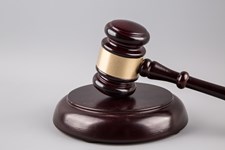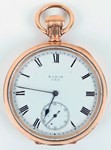The announcement comes in the wake of TEFAF’s new policy on vetting which struck all dealer and auction house specialists from its vetting panels. All future committees will include academics, curators, conservators, conservation scientists and independent scholars only.
BADA chief executive Marco Forgione defended the use of dealers.
He said: “We believe very strongly that dealers are an important part of vetting committees. They are the ones who are out seeing, discovering and re-discovering objects in the marketplace. Their knowledge and expertise in finding, handling and selecting objects is vital.”
The next BADA fair runs from March 20-26 at Duke of York Square in Chelsea.
“The trade is at the sharp end, handling these items on a daily basis"
Other major fairs intend to maintain their current vetting systems.
LAPADA fair manager Sophie Wood described TEFAF’s new policy as a “bold and interesting move” but said LAPADA is “proud of members’ expertise and believe it is vital to include members of the trade who bring market knowledge to the vetting process, as well as curators, conservators and other experts”.
She added: “After all, the trade is at the sharp end, handling these items on a daily basis and keeping up to date with the latest fakes and forgeries.”
Philip Hewat-Jaboor, chairman of Masterpiece London, said the London fair will continue with its vetting procedure where each exhibit is vetted “by a team of more than 150 international specialists drawn from academia, conservators, auction houses, dealers and galleries”. Masterpiece has 27 individual vetting sub-committees.
Hewat-Jaboor said its ‘school of vetting’ which trains young specialists will continue and added: “We believe it is of utmost importance that we have the right people with the greatest expertise vetting each discipline at the fair, regardless of an individual’s background.”
BADA held a dinner marking its centenery on November 12. See Dealers’ Diary in this issue.















